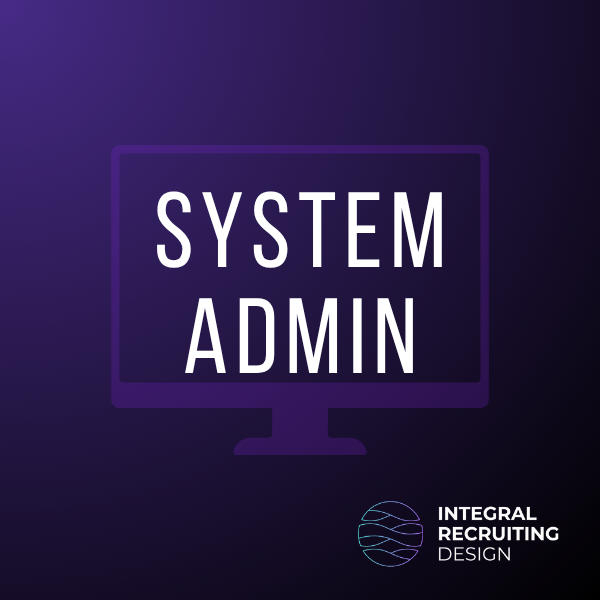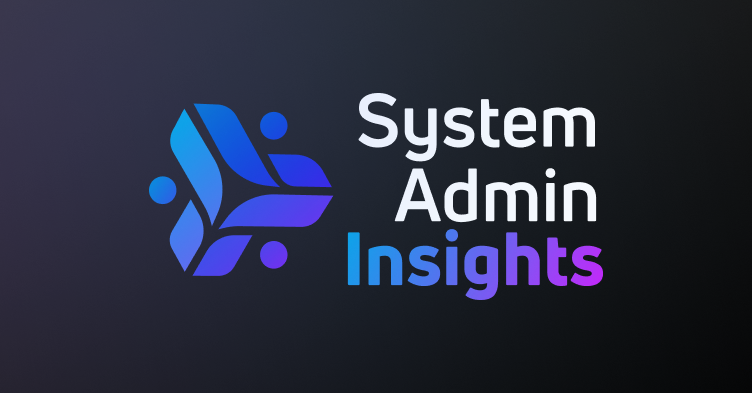In the System Admin Insights community, we’ve been having a thought-provoking conversation about the balance between personal touch and automation. As technologists, we’re fascinated by how streamlined processes and automation can reduce the busy work that often gets in the way of meaningful human connection. For recruiters, that means having more time to build relationships—the very essence of their role—rather than getting bogged down in repetitive tasks.
A Journey Through Administrative Overload
I vividly remember my first supervisory role in talent acquisition, where I saw how much time was consumed by administrative work—literal stacks of paper that took hours to sort and process. It often left me wondering how much recruiting could actually get done under the weight of all that busy work. This pattern isn’t unique to recruiting; it’s a reality in nearly every profession.
As a teacher, I spent hours creating lesson plans and writing IEPs. As a social work supervisor, I wrote performance evaluations, entered data to quantify our impact, and documented case notes. Even as a business owner, the crush of administrative demands—tasks that have nothing to do with what makes me uniquely effective as a leader—can be overwhelming. In every role, the majority of time was spent on tasks that were necessary but ultimately not the work that only humans can do.
The Promise of Automation: A Shift to Meaningful Work
Many people worry about losing their jobs to automation, and those concerns are valid. However, I often wonder: what would it look like if we could spend 100% of our time on the truly human aspects of our work? Tasks that require creativity, judgment, empathy, and connection? This isn’t about making work “easier” or reducing workloads; it’s about shifting workloads from mundane, repetitive tasks to deeply meaningful human work.
That’s why I embrace tools that promise to reduce administrative burdens—but only when they are implemented thoughtfully. And here’s where HR system administrators play a pivotal role. This profession attracts a unique blend of personal and technical skills. Unlike others who may prioritize efficiency at the expense of impact, HR system administrators have an innate understanding of empathy. They know that poorly designed systems can just create different kinds of busy work. Endless clicking, confusing navigation, and workflows designed without the end user in mind are not solutions; they’re obstacles dressed up as progress.
Empathy for the end user is essential.
Empathy is essential. You can’t create a system that truly supports people without understanding the challenges and goals of the people who will use it. The best HR system administrators understand this deeply. They design and manage systems that don’t just reduce busy work but actually enable meaningful, impactful work. It’s not about replacing one kind of clicking with another. It’s about creating tools that free people to focus on what only they can do.
In this way, HR system administrators aren’t just technologists; they’re stewards of balance. They ensure that automation enhances human work rather than diminishing it. They bridge the gap between the promise of technology and the realities of human connection. And as we move into an increasingly automated future, their role will only grow in importance.
A Shared Challenge Across Industries
Every industry faces this challenge: how do we use technology to make work better without losing the human touch? HR system administrators are uniquely equipped to lead the way, ensuring that automation doesn’t just replace administrative work but transforms it into something more meaningful.
The opportunity here is immense. When we free ourselves from the burden of repetitive tasks, we open up space for creativity, innovation, and connection. We shift our focus from process to purpose, from transactions to relationships. And in doing so, we remind ourselves of why we do this work in the first place.
Reimagining Work: The Human-Centric Approach
This isn’t a small shift; it’s a profound reimagining of work itself. And at the heart of this transformation are the HR system administrators who understand that technology should serve people, not the other way around. Their ability to strike this balance—to combine logic with empathy, efficiency with impact—is what makes them indispensable in this new era of work.



